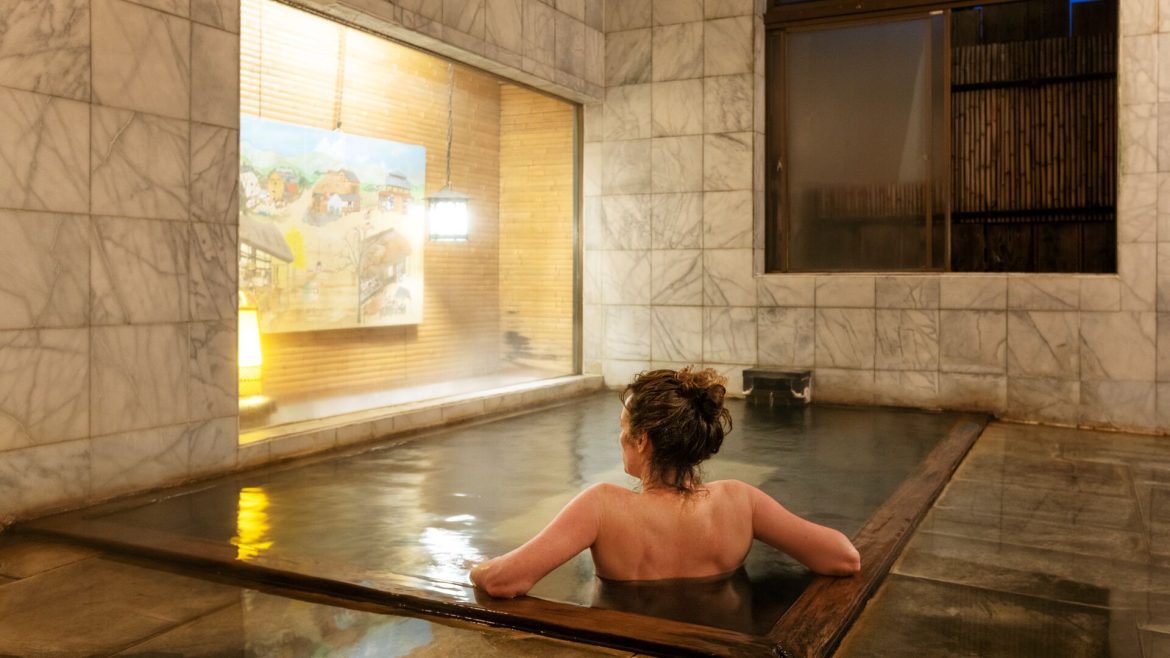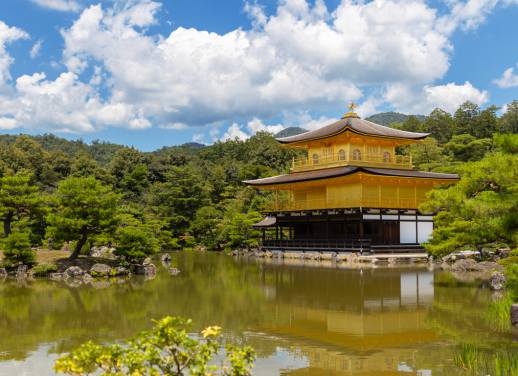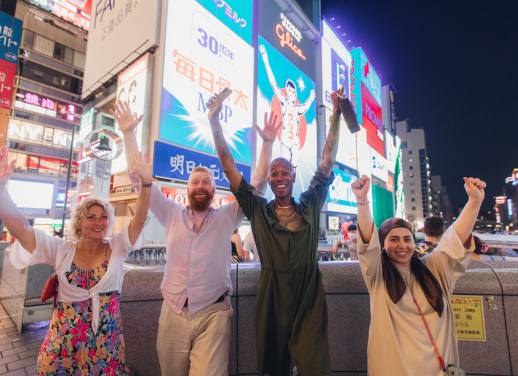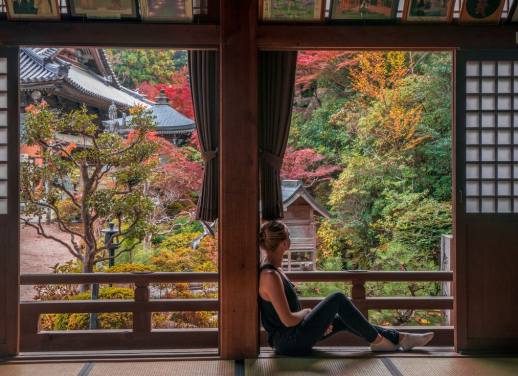Laura has always struggled with anxiety. But in Japan, she was finally able to let go.
As I step into the traditional teahouse in rural Japan, I hear a sharp intake of breath. I freeze, shoulders tense, as I realise that my Doc Martins are about to hit the wooden floor – something I know is an absolute no-no in traditional restaurants.
Somebody’s watching me, it’s my anxiety
I’ve struggled with chronic anxiety my entire life, in literally every context. The good news: I’ve loved travelling for almost as long and most of my adventures have had a lovely way of resetting my chaotic brain. It’s hard to ruminate on your perceived character flaws and moral failings when boating through a fjord in Norway, standing in slack-jawed admiration of the northern lights or floating in the Dead Sea.
But sometimes the voice in my head shouting ‘Am I good enough?’ takes over.


Like, on that fateful day, when my boots were about to besmirch the clean polished wood of the teahouse floor, and the tea master was preparing to explain the rules to yet another clueless foreigner. (At least that’s how I was worried I was being viewed.) Realising my mistake, my face turned red, I muttered an apology cobbled together from a few rushed Duolingo lessons and stowed my shoes in the cubbies by the door. I berated myself. This wasn’t my first trip to Japan and I should have known better.
But as damning as my feelings of failure felt, something funny happened during my teatime. Nothing. No lectures, no shaming and no demands for the ignorant American to put on her shoes and leave the shop. Instead, I had a lovely time sipping matcha, retrieved my boots, paid and left.


Respect the rules – but don’t stress about them
If you believe social media, the social fabric of Japan is woven with rules. Don’t talk on the subway. Carry your trash. Don’t walk and eat. Stand on the correct side of the escalator. For someone with anxiety, this can lead to the belief that if you fail at meeting every unspoken expectation, then you’re a disruptive traveller – one hellbent on tearing down the society you’ve come to visit.
Oh no.
Don’t get me wrong – I’m not going to argue against following cultural norms to the best of your ability. Collective actions, like keeping noise pollution on public transit to a minimum and holding onto your trash until you can find a (very rare) trash bin are part of the reason why visiting Japan is such a pleasant experience.
But let’s pause for a reality check: even when travelling in good faith, wherever you go, you’re probably going to miss the mark when it comes to local customs.
Sometimes by a lot.
Looking back, I feel a lot of compassion for myself during that trip to Japan, worried about the moral implications of my dirty shoes. And certainly, I’m now extremely diligent about removing them at traditional hotels, restaurants and teahouses. But after numerous visits, many of them over several months long as I took the opportunity to experience the country at a slower pace, my views on international etiquette have changed. I now know it’s not a case of if I’ll make a social error, but how.
Read more: Forget AI: This Tokyo robot cafe is all about human connection
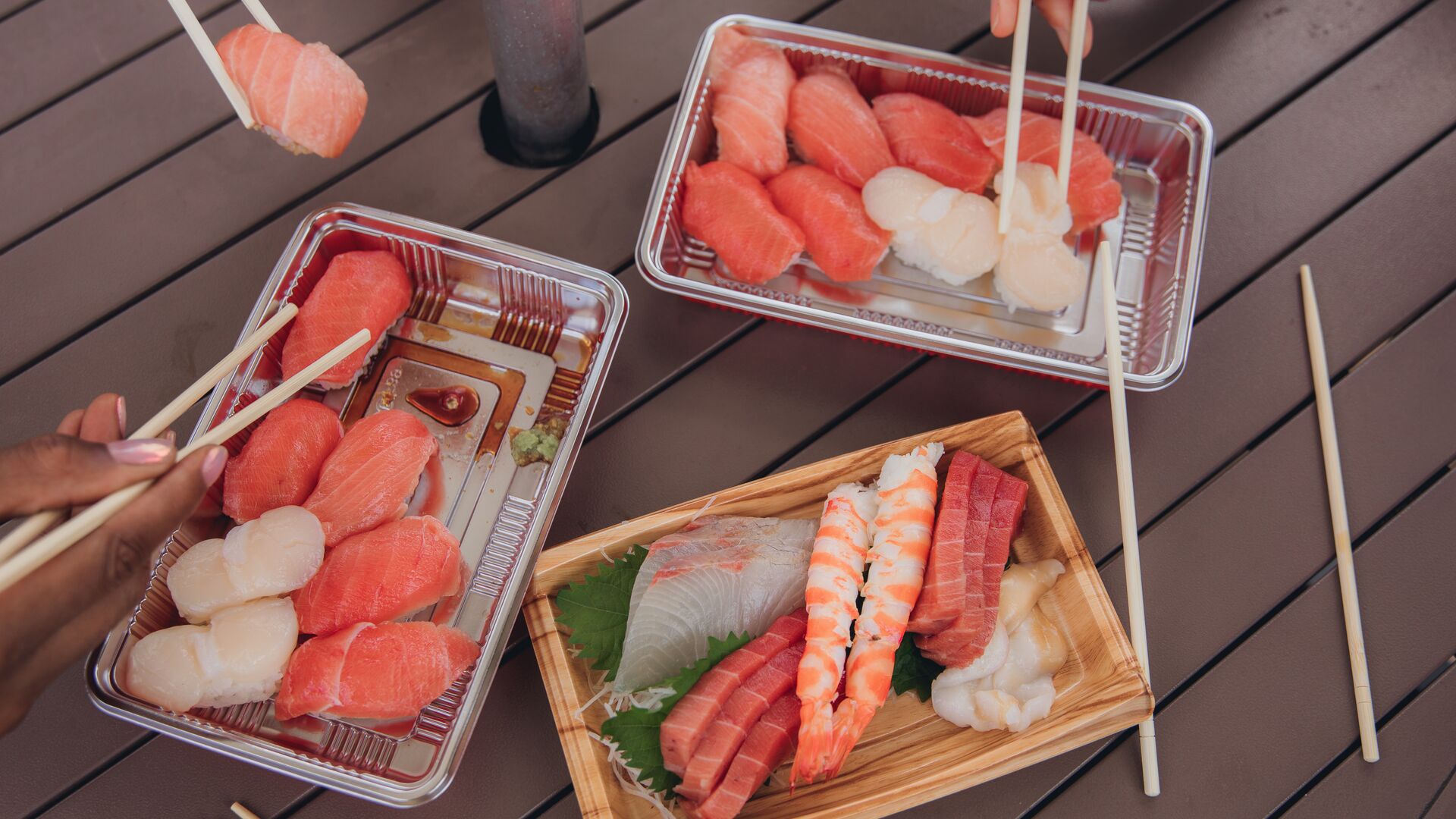
Making peace with myself in Japan
Japan has helped me to understand that those moments of learning and course correction can be a blessing. That’s not to say finding out that you’ve done something wrong gets any easier!
I still cringe when I think about the time when I sat in the wrong seat on the shinkansen. (Uh, I definitely didn’t book the green car, aka first class, and the person whose seat I was sitting in was not amused.) Ditto for the time I forgot to tie my hair up in the onsen – which should have been self-explanatory, given that I had to scrub myself from head to toe just to get in the tub. (I now carry hair ties in nearly every bag and pocket.) Or even the sheer number of times I dropped my chopsticks before mastering them enough to finish a meal. (I have the coordination of a klutzy romcom heroine – so if I can do it, so can you.)
But every time I’ve had my behaviour gently corrected – by a train conductor, an older woman with an extra hair tie or a patient waiter – I’ve never once been made to feel like my inability to read the situation was a moral failing. If anything, the willingness of locals to walk me in the right direction – sometimes literally across several train cars – has been a gift.
I remember the lessons they taught me about how society functions and how I can respect it, far more than the embarrassment of realising how much more I have to learn. In Japanese society, politeness is the social standard and harmony is a collective goal. So, while I didn’t expect it, on reflection it made sense that they would extend their core beliefs to an outsider.
Those experiences made me realise something else: I’m far too hard on myself. It’s a truth that applies to my life on the road and at home. How much of my anxiety is rooted in not being perfect – something that’s only exacerbated while travelling, when you don’t have all the cultural context? Or a fear of being perceived as ‘less than’ because I need to ask a few follow-up questions to get my bearings? And – perhaps most damning – how often does spending this much time in my head cloud my ability to appreciate travel as a transformative experience?
Approaching travel – with all its ups and downs – as an opportunity for personal growth is a skill that’s taken me a long time to develop. But here’s a shortcut: accept people’s kindness as you learn and adapt. Japan is not a fragile country that can be undone by the scuffing of a wood floor – but being reminded to take off your shoes might help strengthen you.
Experience a unique culture and learn something new (about the place and perhaps yourself too) on one of Intrepid’s Japan trips.

